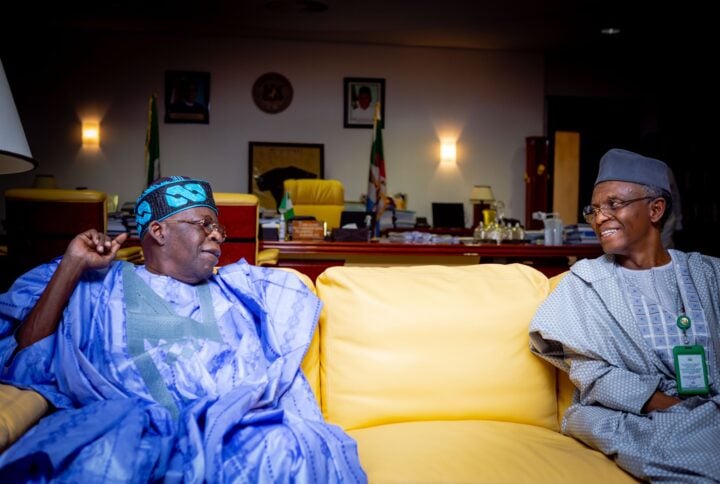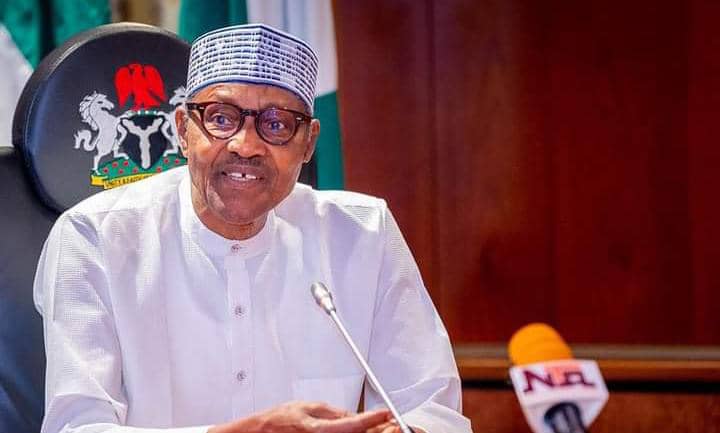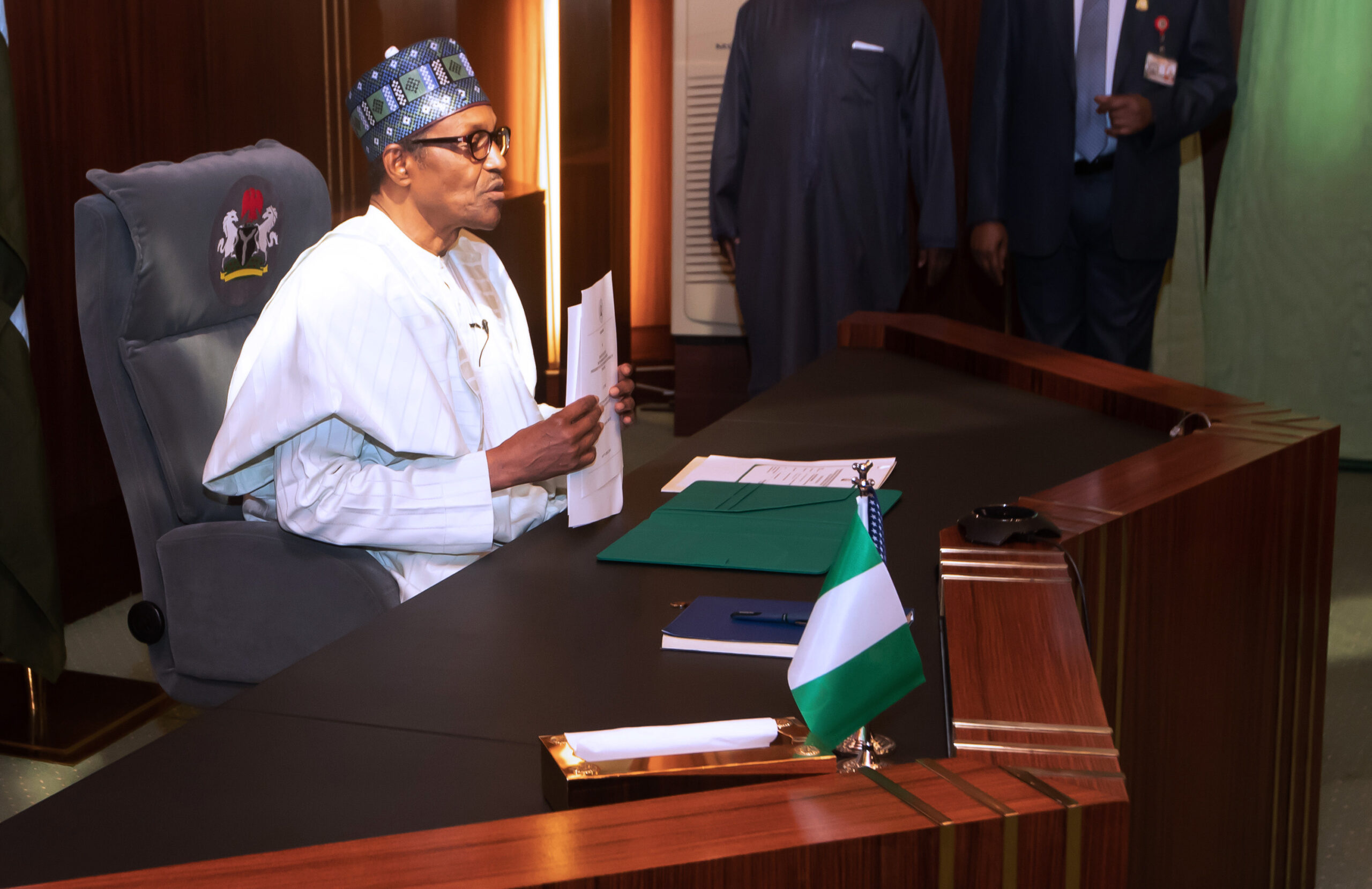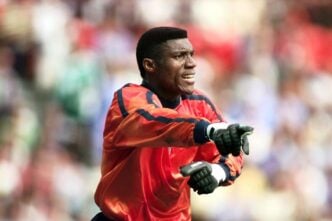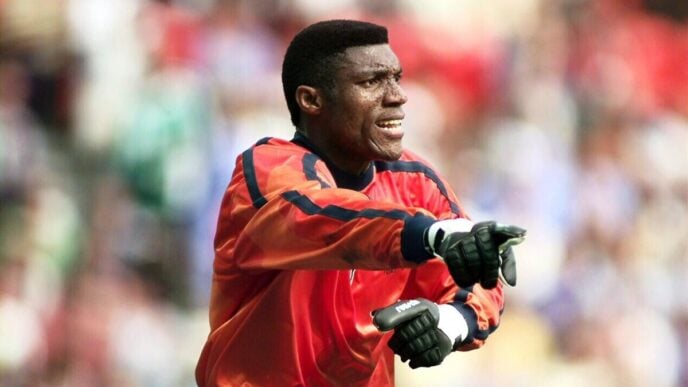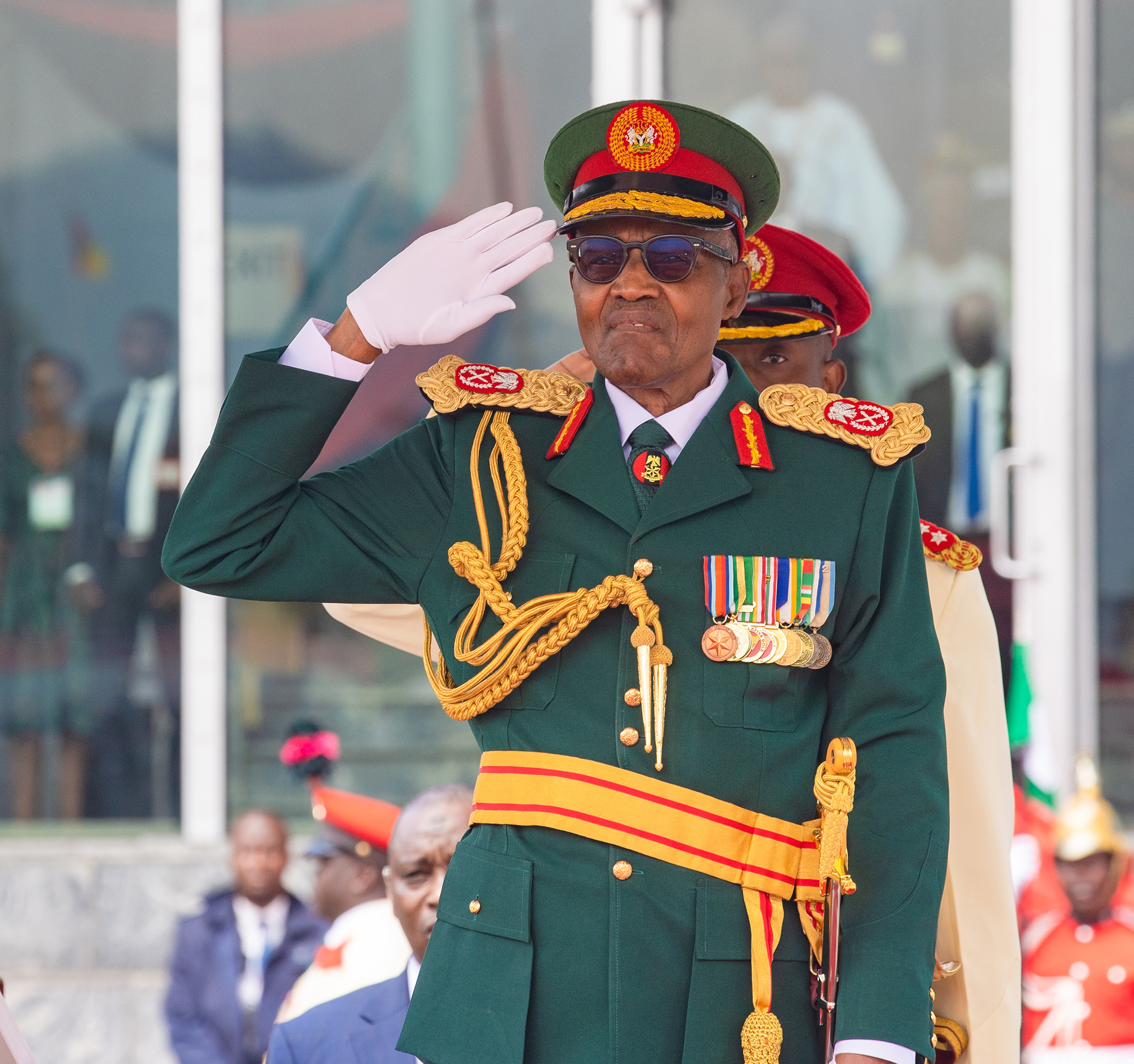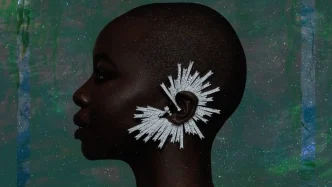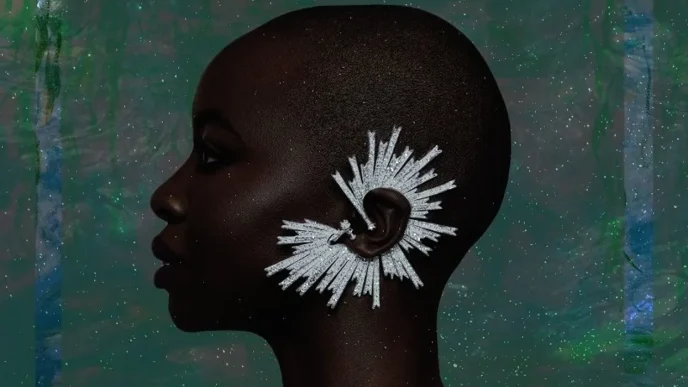BY JABIR T USMAN
Permit me to crown this article with persuasive words, if not a rhetorical statement uttered by the former governor of Kaduna State, Nasir el-Rufai, at Lokoja Road LEA Primary School, Rigasa, during the 2023 electioneering period. It was a politically charged atmosphere when he escorted his successor, Malam Uba Sani, to a gubernatorial campaign tour in Igabi local government area. Barely two weeks after the presidential election, el-Rufai expressed disappointment with the people of Rigasa for not delivering bloc votes to President Bola Tinubu, despite their historical loyalty to the All Progressives Congress (APC).
In a bid to recover lost political capital, el-Rufai made several statements laced with both persuasion and subtle reproach. “I am highly disappointed with the good people of Rigasa,” he said. “Despite the colossal infrastructural and other developmental projects built by the APC administration within Rigasa, in appreciation of your consistent support for the APC since its inception, you refused to maintain the status quo.” His words were both a lament and a warning, a reminder of the weight of political reciprocity in Nigeria’s democratic theatre.
El-Rufai then urged the people to reconsider their position in future elections. He asked them to put all their eggs in one basket for Bola Tinubu, arguing that the North owed the South a political debt. “We should reciprocate the same gesture which the south rendered to us by massively supporting Muhammadu Buhari to rule for eight years.” This, he claimed, was the only path to equity, fairness, and political stability in Nigeria.
Advertisement
The former governor didn’t stop there. In his usual rhetorical flair, he tried to fuse cultural identity into political reasoning. “Bola Tinubu is a Yoruba man from the South-West, and the Yoruba share cultural similarities with us Hausas. They wear ‘Babban Riga,’ they wear turbans, and we intermarry and accommodate each other in our cities,” he emphasised. It was a calculated attempt to bridge regional divides by romanticising shared cultural traits.
Yet, it is this very rhetoric that must now be measured against the golden rule: Do unto others as you would have them do unto you. This ancient moral maxim is not just a spiritual guideline; it is a civic principle that demands reciprocity, sincerity, and fairness in dealings, especially in leadership.
By that standard, President Tinubu, having received widespread support from the north during the 2023 elections, deserves a reasonable level of cooperation from northern elites and citizens. Regardless of one’s political alignment, the logic of continuity, national cohesion, and developmental focus ought to be prioritised above regional sentiments.
Advertisement
El-Rufai’s earlier appeal for political reciprocation was logical and even noble. But recent developments suggest a shift in his stance. The same man who passionately advocated for Tinubu’s presidency is now leading a silent rebellion, casting doubts and causing confusion within the political fold he once held together. This inconsistency calls into question the sincerity of his principles.
We must ask: What changed? Is it political calculation or personal ambition? Has el-Rufai suddenly become disillusioned with the very vision he helped to promote? Or is he now driven by a self-centred quest for relevance in a post-governorship era? Whatever the case, it undermines the very values he once preached.
The principle of “do unto others…” becomes crucial here. If el-Rufai felt betrayed by the people of Rigasa for not voting as expected, how then should we describe his abrupt deviation from the political script he once narrated with zeal? Is this not a betrayal of both his followers and his proclaimed ideals?
Politics in Nigeria should be guided not merely by convenience or ethnic arithmetic but by enduring values like fairness, gratitude, and consistency. President Tinubu is not beyond criticism; no leader is. But there is a marked difference between constructive criticism and opportunistic sabotage.
Advertisement
In fact, Tinubu’s administration, though still grappling with enormous challenges, has demonstrated a pragmatic approach to governance. His economic reforms, infrastructure drive, and attempts to overhaul sectors like education and health care suggest a commitment to national development. Such efforts deserve not blind loyalty, but fair assessment and support where deserved.
The idea of continuity should not be mistaken for sycophancy. It is in the national interest that leaders who embark on noble initiatives be given the time and political support to see them through. Abandoning projects and policy shifts with every new administration is part of what has stunted Nigeria’s growth for decades.
The north, particularly its political elite, should not fall into the temptation of short-term political manoeuvres at the expense of long-term national unity. We must remind ourselves that it was the south that stood by Muhammadu Buhari, not because they had no options, but because they believed in national balance. The same courtesy must now be extended.
Moreover, our political discourse must transcend tribalism and religious colouration. When leaders preach one thing and do another, they erode public trust and sow the seeds of cynicism among the citizenry. This is dangerous for a country as delicate and diverse as Nigeria.
Advertisement
Let it be known that leadership is a sacred trust. If we expect honesty, gratitude, and inclusiveness from others, we must be willing to offer the same. As the Holy Qur’an says, “O you who believe! Stand out firmly for justice, as witnesses to Allah, even though it be against yourselves.”
El-Rufai, being a seasoned statesman, must retrace his steps and lead by example. The people are watching, and history is always listening. Let him return to the path of fairness and consistency, lest he become a cautionary tale in Nigeria’s political history.
Advertisement
Nigeria stands at a critical crossroads. Our unity, progress, and peace depend largely on the principles we choose to uphold, not just during campaigns, but at all times. Let us, therefore, do unto others as we would have them do unto us. That is the true test of leadership. That is the foundation of nation-building.
Jabir T Usman writes from Sabon Gari Tudun Wada Kaduna [email protected]
Advertisement
Views expressed by contributors are strictly personal and not of TheCable.
